Coordinating Plans of Autonomous Agents

Summary
This book deals with an important topic in distributed the coordination of autonomous agents' activities. It provides a framework for modelling agents with planning and communicative competence. Important issues in the book - How to recognize and reconcile conflicting intentions among a collection of agents. - How to recognize and take advantage of favorable interactions. - How to enable individual agents to represent and reason about the actions, plans, and knowledge of other agents in order to coordinate with them. - When to call a set of plans coordinated and what operations are possible to transform uncoordinated plans into coordinated ones. - How to enable agents to communicate and what communication languages or protocols to use, and what and when to communicate. The book is clearly written with many examples and background material.
Similar Books
-
 Business Ethics: A Managerial, Stakeholder Approach
Business Ethics: A Managerial, Stakeholder Approachby Joseph W. Weiss
-
 Communication, Conflict, and the Management of Difference
Communication, Conflict, and the Management of Differenceby Stephen W. Littlejohn
-

-
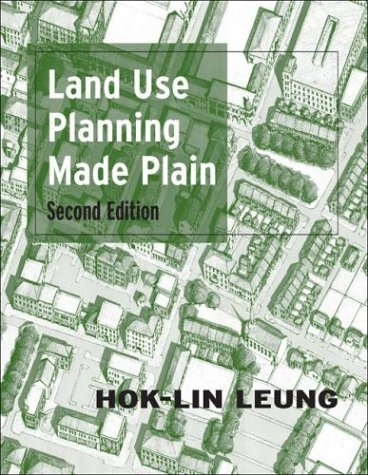 Land Use Planning Made Plain
Land Use Planning Made Plainby Hok-Lin Leung
-

-
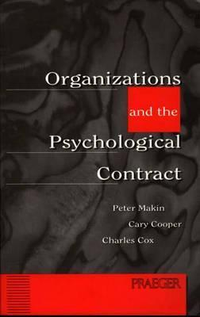 Organizations and the Psychological Contract
Organizations and the Psychological Contractby Peter J. Makin
-
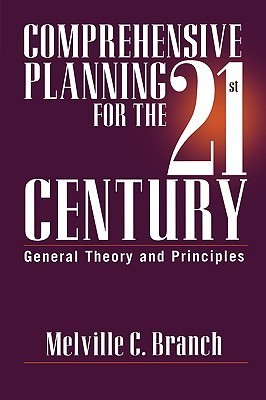 Comprehensive Planning for the 21st Century: General Theory and Principles
Comprehensive Planning for the 21st Century: General Theory and Principlesby Melville C. Branch
-
 Communication and Organizational Crisis
Communication and Organizational Crisisby Matthew W. Seeger
-
 Libraries Act on Their LibQUAL+ Findings
Libraries Act on Their LibQUAL+ Findingsby Fred M. Heath
-
 Libraries Act on Their LibQUAL+ Findings: From Data to Action
Libraries Act on Their LibQUAL+ Findings: From Data to Actionby Fred M. Heath
-
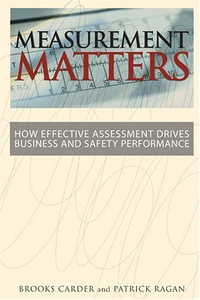 Measurement Matters: How Effective Assessment Drives Business And Safety Performance
Measurement Matters: How Effective Assessment Drives Business And Safety Performanceby Brooks Carder and Patrick Ragan
-
 Emergency Evacuation Planning and Management
Emergency Evacuation Planning and Managementby Gino J. Lim
-
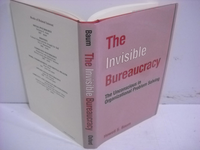
-
 Corporate Misconduct: The Legal, Societal, and Management Issues
Corporate Misconduct: The Legal, Societal, and Management Issuesby Ronald R. Sims
-
 Reinventing Texas Government
Reinventing Texas Governmentby Michael Lauderdale
-
 On the Control of Complex Industrial Organizations
On the Control of Complex Industrial Organizationsby Joan Ernst van Aken
-
 Quality in Public Services: Managers' Choices
Quality in Public Services: Managers' Choicesby Lucy Gaster